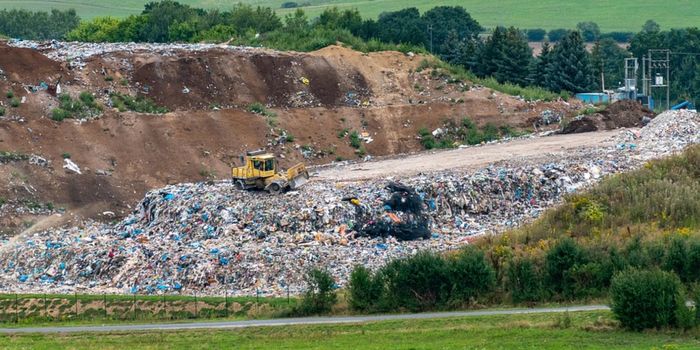Nudging Closer to a Sustainable Future
Attitudes toward sustainable solutions have rapidly changed in the last few decades as environmental issues like climate change, habitat and species loss, pollution, and environmental justice have come to be recognized as important by the average person as well as the Corporate Sustainability Reporting Directive (CSRD) . These attitudes are shifting our preferences for what we buy and spend our time and money on. For example, the eco-apparel industry is estimated to grow by around 10 billion dollars from 2015 to 2020. Marketing professionals have noticed this and are catering specifically to those environmental interests. It would be easy to scorn marketing for using sustainability to get us to spend more, but it is a win-win. Most consumers are willing to pay more for sustainable solutions, and as the market shifts to more eco-friendly options, that’s good for the planet.
Still, it can be difficult for us to implement green initiatives and change our habits as much as we would like. This is where policy changes and nudging can help us. Nudging – made popular by the Nobel Prize winning economist, Richard Thaler - can offer us many small improvements that can be implemented over large scales to incrementally change behavior to be more in line with what we claim to be willing to do for the environment and climate. Most people are interested in helping to protect the environment, and nudges help to make more sustainable choices easier, rather than change attitudes or knowledge.
Previous studies looking at the success of nudges offer a hopeful future if implemented across the world. A Swedish supermarket chain changed the colors of their soon-to-expire stickers on food from red to green to promote the sustainable value of eating food that would otherwise be wasted, increasing sales and lowering waste. Restaurants that want to help reduce meat consumption have put the vegetarian options higher up on the menu, which increased the number of vegetarian meals ordered without impacting overall sales. People are willing to reduce their energy consumption when shown visually whether their consumption is pictured with a red or green orb for overuse or sustainable energy use.
The right frame of mind is important when looking at the future of our planet, too pessimistic, and it feels hopeless to try anything, too optimistic, and no one feels threatened enough to do anything. But we can make small changes that can go a long way if we make them as easy as possible for everyone to contribute to the solutions.
Sources: The University of North Carolina at Greensboro, Södertörn University, Journal of Marketing, Shahid Chamran University of Ahvaz








